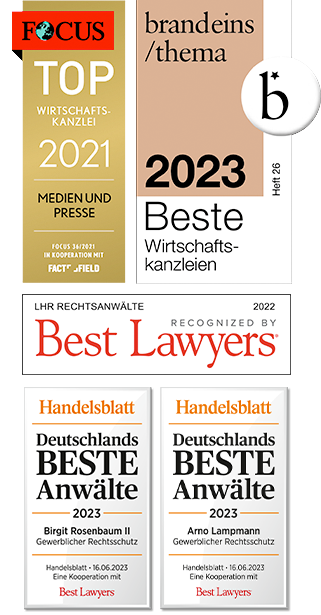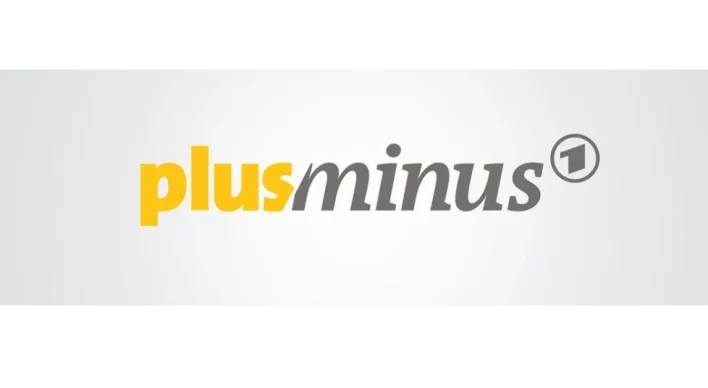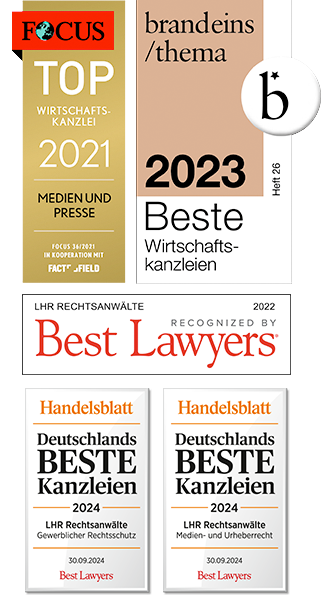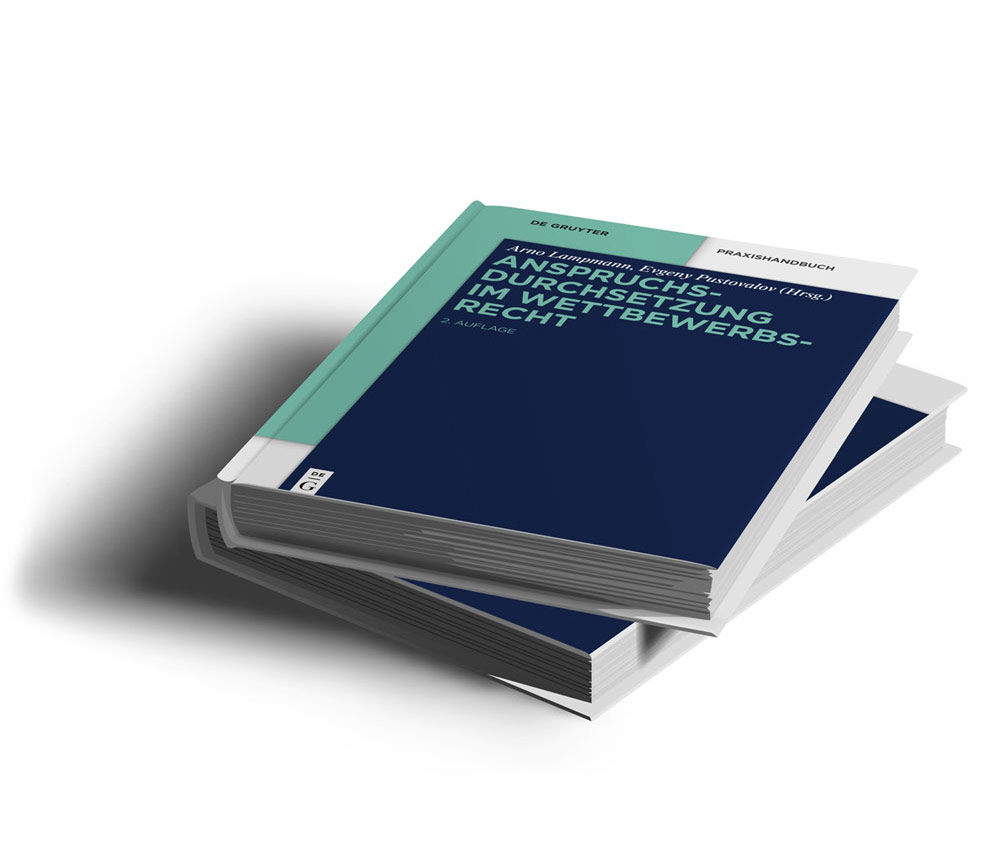LHR obtains preliminary injunction due to publication of business emails on review portal

At the request of Lampmann, Haberkamm & Rosenbaum Rechtsanwälte (LHR), the Regional Court of Frankfurt am Main (LG Frankfurt, Beschluss v. 27.10.2014, Az. 2-03 O 405/14) issued a temporary injunction prohibiting a dissatisfied buyer from publishing text passages taken out of context from email communication with the retailer on a review portal.
In the event of non-compliance, a fine of up to € 250,000 or up to six months’ imprisonment may be imposed. The decision was issued by way of a ruling and without written reasons. The other party has since accepted the provisional decision as a final ruling.
Our client, an online furniture retailer, discovered that an apparently dissatisfied customer had given it a negative rating on the trustpilot.de rating portal (“1-star rating”). The customer described the events from his own perspective in a lurid manner.
In order to discredit our client and its services, the customer simply quoted from the extensive e-mail correspondence. He only used the passages that were intended to put our client in a bad light in this isolated presentation. The passages taken completely out of context considerably distorted the actual content of the e-mails. He left his own e-mails, some of which were outrageous, completely unmentioned.
The special feature in this case was that the actual review text contained neither false facts nor insults or other forms of defamation. In the case of negative reviews, as with other public reports about third parties, the general rule is that they must not contain any false facts. Likewise, expressions of opinion and value judgments must be designed in such a way that they do not cross the line into defamatory criticism. If the reviews do not adhere to these requirements, they are no longer protected by freedom of opinion in accordance with Art. 5 GG. But even then, there is usually a balancing of interests as to whether freedom of opinion must give way to the general right of personality.
Companies in particular often lose out in this balancing act and, in our experience, have to accept many things. In the past, case law has often ruled that companies must accept the publication of their emails – even without their consent or even against their express will – which they have sent in the course of correspondence with their customers. The Frankfurt Regional Court took a different view in this case and prohibited the publication of the emails on the review portal.
Attorney Thomas Herro, LL.M. from the law firm LHR:
The decision is to be welcomed. It is true that freedom of expression must be protected as one of the highest goods in a democracy in order to avoid any form of censorship in the public media. However, there are limits to this protection, including vis-à-vis companies. Even a company does not have to tolerate the incomplete publication of emails that are only intended for customers and not the public, thereby distorting their content.











